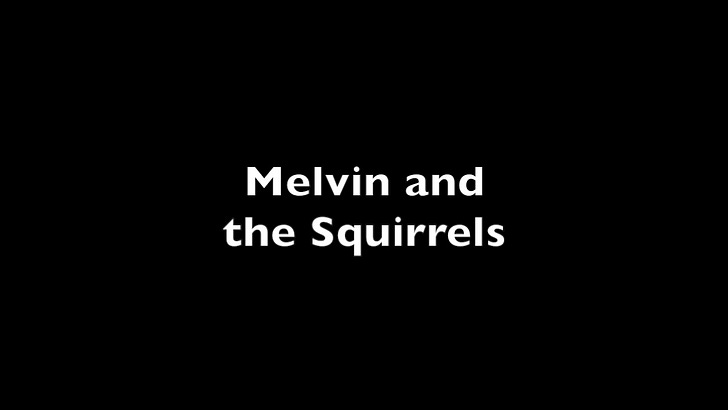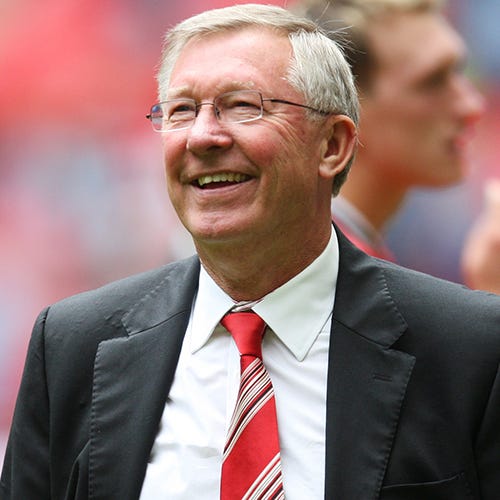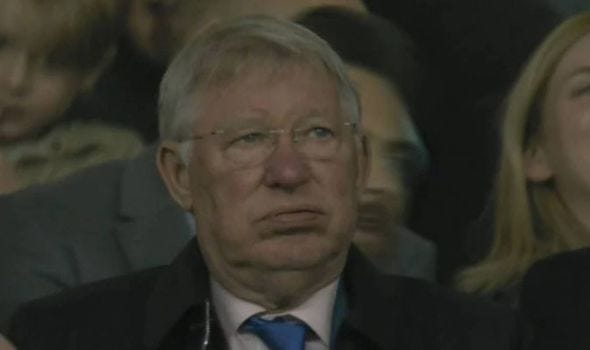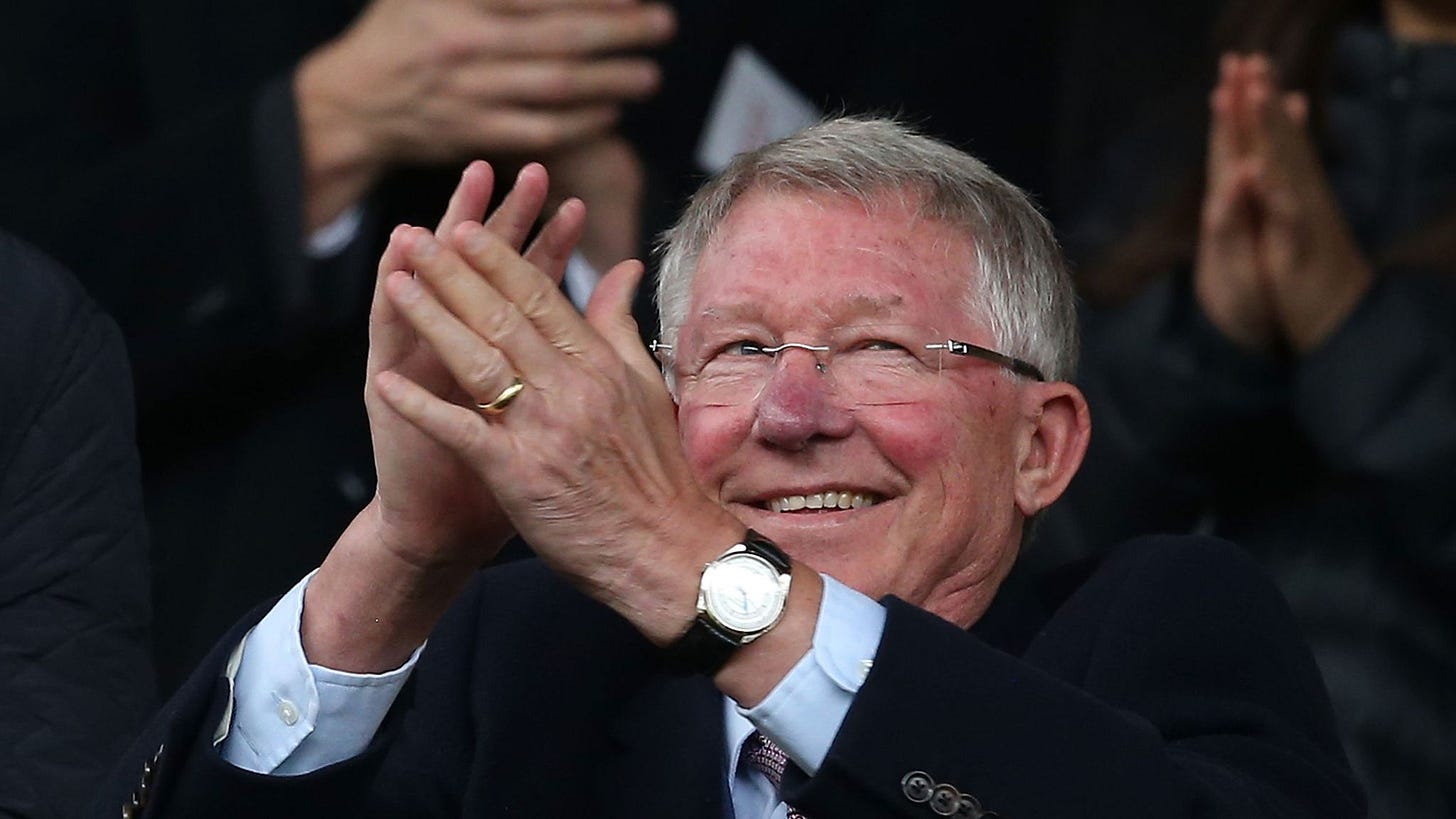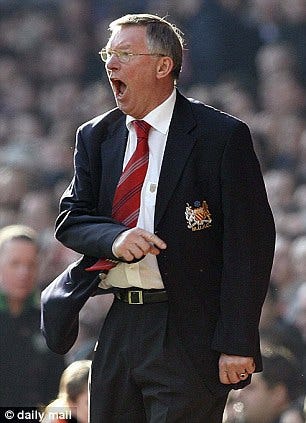Sir Alex Ferguson, the legendary former manager of the world-renowned English football club, Manchester United, has a knack for a quirky turn of phrase. One of his favorites was describing the closing stages of a season as “Squeaky Bum Time,” a nod to the sound a chair makes when a nervous person is fidgeting in it, but which has since grown in meaning.
This is a phrase that almost any team can apply based on season objectives, whether it be securing safety from relegation, earning a spot in the Champions League, or winning it all. The phrase “Squeaky Bum Time” recognized that, in the closing few games of a season, every decision is scrutinized and mistakes are magnified. Better still, it applies not only to the players, but also the back room staff right up to the manager. Everyone is accountable. This is no time for boneheaded missteps or excuses. Of course you’re exhausted after a grueling season, but so are your opponents, and this crucial stretch is where you see what your entire organization is made of.
Trent Grisham is the obvious scapegoat for Wednesday night’s critical failure against the D*dgers. The D*dgers uncharacteristically left the door wide open for the Padres to get the most crucial win of the season to date, not to mention a chance to win a series against the D*dgers, which might have done wonders for the team’s confidence. But, who put Grisham in that situation? In “Squeaky Bum Time” it is the manager’s job to make the best decisions possible under the circumstances (as opposed to earlier in the season when there is a higher tolerance for experimentation and risk). That objectively did not happen in Wednesday night’s game (9/28/22).
Management’s (and by extension, Melvin’s) first questionable decision was to not send Manny Machado home after Brandon Drury’s clutch base hit, despite Manny’s having been on second base and in “scoring position.” It seemed like Manny may have gotten a bad read on the hit, or perhaps was deked by the outfielder. In the end, the Padres’ third base coach, Matt Williams, emphatically threw up the stop sign on Manny. Was this a predetermined decision by management not to risk injuring the team’s MVP in a potential play at the plate? It’s worth noting that just moments earlier, Manny had stolen second base in a very close play. The umpire’s incorrect call that Manny was out, was overturned on review. Did the team have faith that Wil Myers would come through again?
Whatever the reason for not sending Manny home, the criticism here is that the Padres were too conservative in this situation and, as a result, they failed to score. But it’s hard to say that this decision cost the game the way subsequent managerial decisions likely did. In any case, in “Squeaky Bum Time” a team must take advantage of golden opportunities. That did not happen on this critical play. Sir Alex would just shake his head in disappointment.
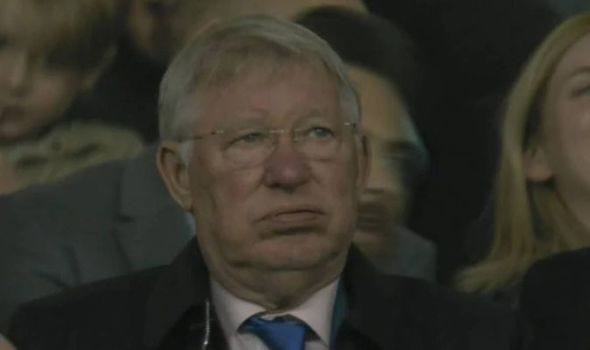
Now we turn to the “tear your hair out” moments in Wednesday night’s game. The first major indefensible decision was the choice to pitch to Freddie Freeman with a runner in scoring position and one out in the 10th inning. Freeman, it should be noted, is perhaps the most accomplished clutch hitter in MLB, which is why he is garnering serious consideration for NL MVP. Why on earth would you pitch to Freeman with a base open?
The following hitter was Will Smith, who is no slouch, but he’s not anywhere near the MVP conversation and, as a catcher, he is an above-average double play candidate. Bob Melvin was presented with this scenario and, with one of his lower leverage relievers, Steven Wilson, on the mound, Melvin inexplicably elected to pitch to Freeman. Maybe Melvin was confident in Wilson’s chances of getting Freeman out because the previous batter, Trea Turner, had looked overmatched by Wilson. But that seemed like a high-risk, medium-low reward strategy with an emphasis on the high-risk side.
Predictably, Freeman, as he has with regularity throughout his career, came through with a hit and the D*dgers scored the decisive (and only) run of the game. Of the options Melvin had available, he and the coaching staff chose maybe the riskiest one, and it didn’t pay off. Sir Alex would not approve.
The second managerial blunder occurred just a few minutes later. Trent Grisham is certainly the least valuable offensive option the Padres have, and we include our pitchers in this assertion. So why was he taking high leverage at bats, especially when the Padres needed to score or else lose this critical game? The only conceivable reason would be because of Grisham’s defense. But in the situation Melvin was presented with, Grisham’s defense was irrelevant. The only thing that mattered was getting the run home in the do-or-die situation. Melvin had several options on his bench and was blessed with enough positional versatility on the roster that someone could have filled in at centerfield for a hypothetical top of the 11th. But it never got there, and allowing a hopeless Trent Grisham to die out there with a strikeout in the game’s most crucial point was, again, perhaps the riskiest option Melvin had. Sir Alex would not approve.
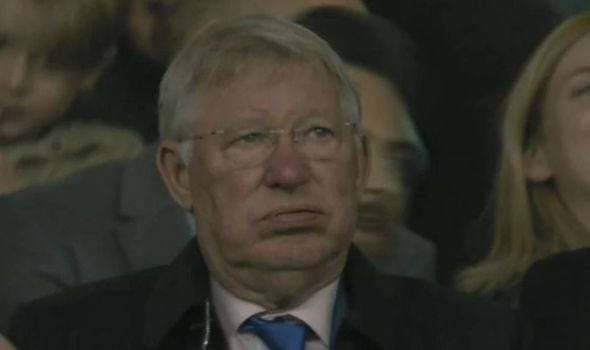
Wednesday night was a borderline must-win, and the Padres came up short in one of the most frustrating games of the year. To be sure, even assuming the D*dgers have eased off the accelerator a bit, they are still likely better than 80% of the league and they’re still looking to secure home field advantage in the postseason. The fact that the Padres pitched a shutout against the best offense in nearly a century for nine innings is quite encouraging. Sir Alex would be proud of that achievement.
But there were even questions to be had about bullpen use in that game. Why use Steven Wilson instead of Morejon, for example? What went into that decision? Is this what Melvin was purportedly talking to David Cone about off the record? Only management knows.
Had the Padres won the game, they would have taken an enormous step toward the postseason. Instead, in front of a packed house, they contrived to lose by playing sloppy defense in the late innings (as they had the night before) and failing to get just one run despite having a few golden chances. Things are certainly getting less comfortable than even just 24 hours ago.
Bob Melvin has a sterling record as a regular season manager. His postseason record is quite another matter. Perhaps Melvin is not the squeaky clean tactician we thought we were getting. Last night was a managerial disaster class given the stakes, and at almost the worst possible time. To be fair, it did not approach Jayce Tingler’s level, but then again, Jayce Tingler was not ready to manage, whereas Melvin is a multi-time Manager of the Year. Yes, he has a good record in extra innings, but did his decisions last night really inspire confidence? That’s the real question. We have to demand better.
To end positively, Bob Melvin, despite all the headwinds he’s faced, has managed this team to the first winning season in over a decade and the first in the Preller era (2020 doesn’t count). Make no mistake, breaking that glass ceiling matters. Another thing Sir Alex Ferguson was known for was his infamous “hairdryer treatment” (i.e., a scary Scottish tirade) aimed at underperforming players. Ferguson did not care who you thought you were.
Ferguson’s managerial North Star was that the good of the club came first and no one, not even megastars like David Beckham, were above that. The Padres are transitioning from a small market irrelevant team to a team loaded with transcendent superstars, and the journey has not been smooth. With Tingler at the helm, the players ran the team with disastrous consequences and it was obvious that someone the players respect needed to be running the clubhouse. That is primarily why Melvin was brought in. It was gratifying to hear that, after the Padres’ sustained flat and uninspired performances, Melvin finally gave the team his version of the hairdryer treatment, and the team has responded positively.
Legitimate questions can be raised as to why a team loaded with mid-career veterans (several of whom are playing for their next contract), while equipped with a first class coaching staff and a front office who made the trade of the century, needed to adopt the desperate “burn the ships” motivational technique pioneered by Spanish conquistador Hernan Cortez. Shouldn’t playing for a contract, a World Series ring, and a devoted fan base be all the motivation a professional MLB player needs? Seems like it’s enough for players on other good teams. But that’s why you have Melvin in the job. He’s a player’s manager and he’s unquestionably a big improvement. Though Sir Alex would not agree with every decision Melvin has made, he would approve of the job Melvin has done overall. This time last year, the Padres were screaming at each other in the dugout while spiraling to a once in a century collapse. The take away…things have markedly improved but we can and must do better. If we need to resort to corny Tony Robbins style motivational nonsense, then let’s burn the ships. Whatever it takes.
LFGSD!!

